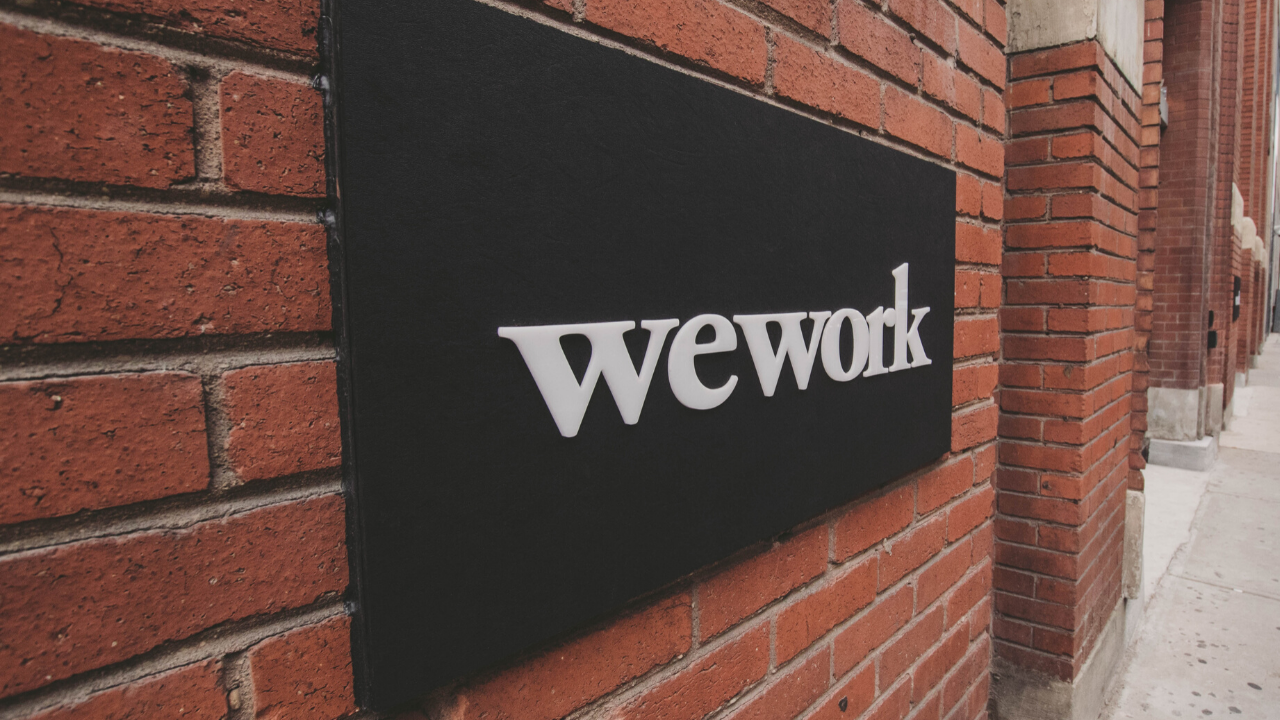It’s an old cultural belief that the early bird catches the worm. But in the modern day office environment, many people are working out of sync with their body clocks.
There’s a growing body of scientific evidence that suggests many of us do not biologically function at our best from 9 to 5 or 8 to 4. Some people are early risers, others work better later in the day.
Flexible working can, and should, accommodate individual needs and create an environment in which everyone can work at their optimal time. But the reality is far from perfect.
Professor Till Roenneberg, a chronobiologist at Ludwig-Maximilian University in Munich, said:
[bctt tweet=”“If you let people sleep within their own sleep windows and work during their optimal times, you could potentially shorten their working hours by 30 per cent; with better sleep patterns people can be more productive.”” username=”allwork_space”]
Some companies do recognize and value employee wellbeing, and are putting measures in place to accommodate sleep equality and chrono-focused working. But cultural attitudes take a long time to change, and practicalities get in the way. Managers are expected to be present at all times, and some shift jobs are inflexible to time.



 Dr. Gleb Tsipursky – The Office Whisperer
Dr. Gleb Tsipursky – The Office Whisperer Nirit Cohen – WorkFutures
Nirit Cohen – WorkFutures Angela Howard – Culture Expert
Angela Howard – Culture Expert Drew Jones – Design & Innovation
Drew Jones – Design & Innovation Jonathan Price – CRE & Flex Expert
Jonathan Price – CRE & Flex Expert











